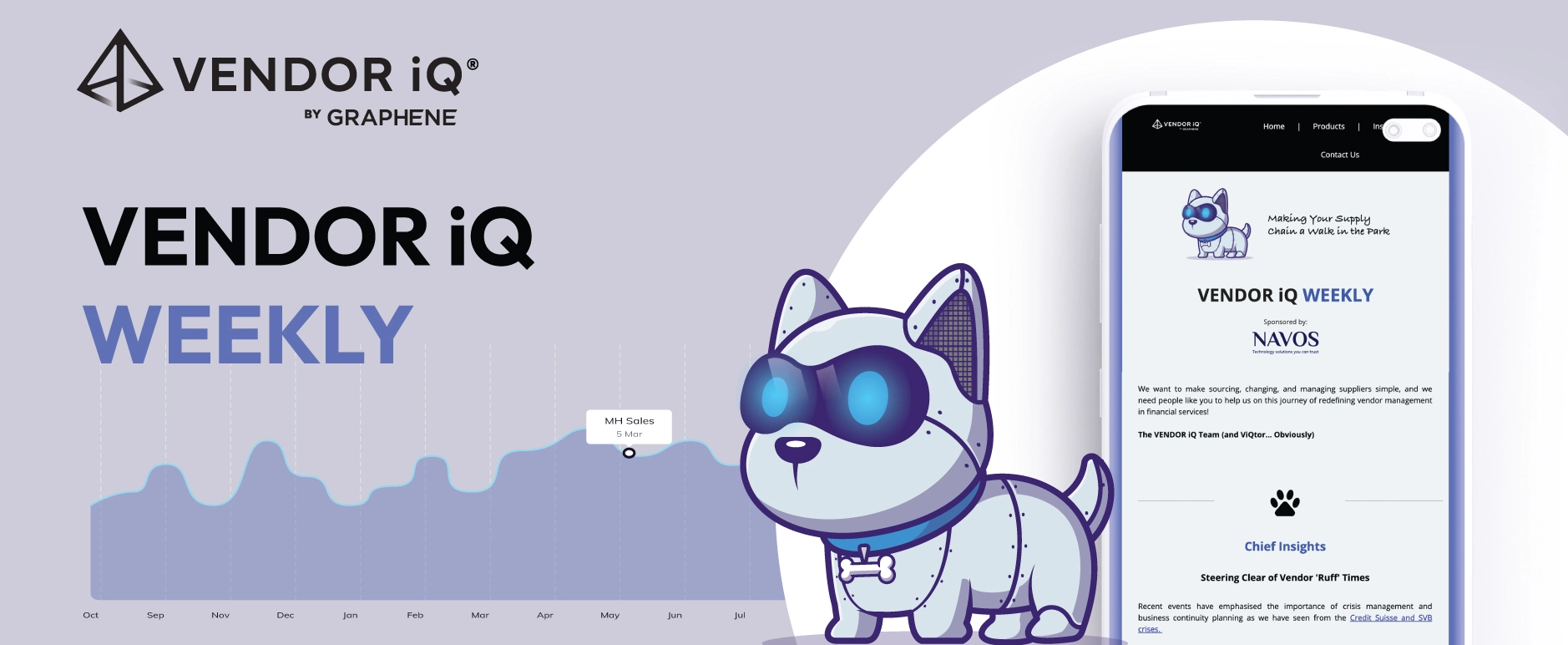In the world of wealth management, vendor management is a crucial aspect of doing business. It involves the process of selecting, contracting, monitoring, and evaluating vendors or third-party service providers who are integral to the business. However, managing vendors can be a complex and challenging task, especially in the rapidly changing technological landscape. Poor vendor management can lead to increased risk, higher costs, and poor outcomes for clients.
In this article, we will explore the best practices for vendor management for wealth managers to reduce risk and maximise value for their clients. From selecting the right vendors to setting up effective monitoring processes, we will cover all aspects of vendor management in detail. We will also provide real-world examples and insights from industry experts to help you implement these practices in your business.
Conduct a Thorough Vendor Selection Process
The first step in effective vendor management is selecting the right vendors. This process requires careful consideration and due diligence to ensure that the vendor aligns with your business goals and values. When selecting vendors, consider the following factors:
- Reputation: Look for vendors with a good reputation in the industry. Check online reviews, testimonials, and industry ratings to evaluate their reputation. Speak to industry peers and colleagues too, as many will have some experience with various vendors.
- Expertise: Choose vendors who have expertise in the areas you need. This can include technology, certain asset classes, or other specific areas.
- Financial Stability: Make sure the vendor has financial stability and can meet its contractual obligations.
- Compliance: Ensure that the vendor understands and is compliant with all relevant regulations and industry best practice.
Establish Clear Expectations and Contractual Obligations
Once you have selected a vendor, the next step is to establish clear expectations and contractual obligations. This involves defining the scope of work, service-level agreements (SLAs), and performance metrics. A well-drafted contract can help to reduce the risk of disputes and ensure that both parties are clear on their obligations.
Monitor Vendor Performance and Compliance
Monitoring vendor performance and compliance is a critical aspect of vendor management. It involves setting up processes to track vendor performance, including SLAs and other key performance indicators (KPIs). Regular monitoring can help identify potential issues before they become major problems and allow you to take corrective action. Ensuring clear, effective, and consistent reporting of key performance indicators also allows leadership teams to focus on significant issues and future developments and demonstrates good governance to boards and regulators.
Conduct Regular Vendor Reviews
Regular vendor reviews are an essential component of effective vendor management. These reviews should be conducted at least annually and should evaluate vendor performance against established metrics and regulatory expectations. Good KPIs, as noted above, will also alert you to any need for ad-hoc, extraordinary reviews. They should also assess the vendor’s ability to meet future needs and identify potential risks or areas for improvement. Reviews and due diligence are an essential part of good governance, risk management, cost management, customer outcomes and operational resilience. Their importance to your business and your customers cannot be understated so finding ways to do this efficiently will make be a huge benefit.
Foster Strong Relationships with Vendors
Fostering strong relationships with vendors is another critical aspect of vendor management. A good relationship can help to build trust and foster effective communication. It can also lead to better service delivery and increased value for clients. Regular communication, including face-to-face meetings, can help to strengthen relationships and ensure that vendors are aligned with your business goals. A good fit for your business will mean cultural alignment as much as functional.
Effective vendor management is a critical aspect of doing business in the wealth management industry. It requires careful consideration and due diligence to select the right vendors and establish clear expectations and contractual obligations. Regular monitoring and vendor reviews can help to identify potential issues and ensure that vendors are delivering the expected value. By fostering strong relationships with vendors, wealth managers can build trust and increase value for their clients.
As the financial industry continues to evolve, vendor management will remain a crucial aspect of doing business. By implementing these best practices, wealth managers can reduce risk, maximise value, and ensure that they are delivering the best possible service to their clients.





